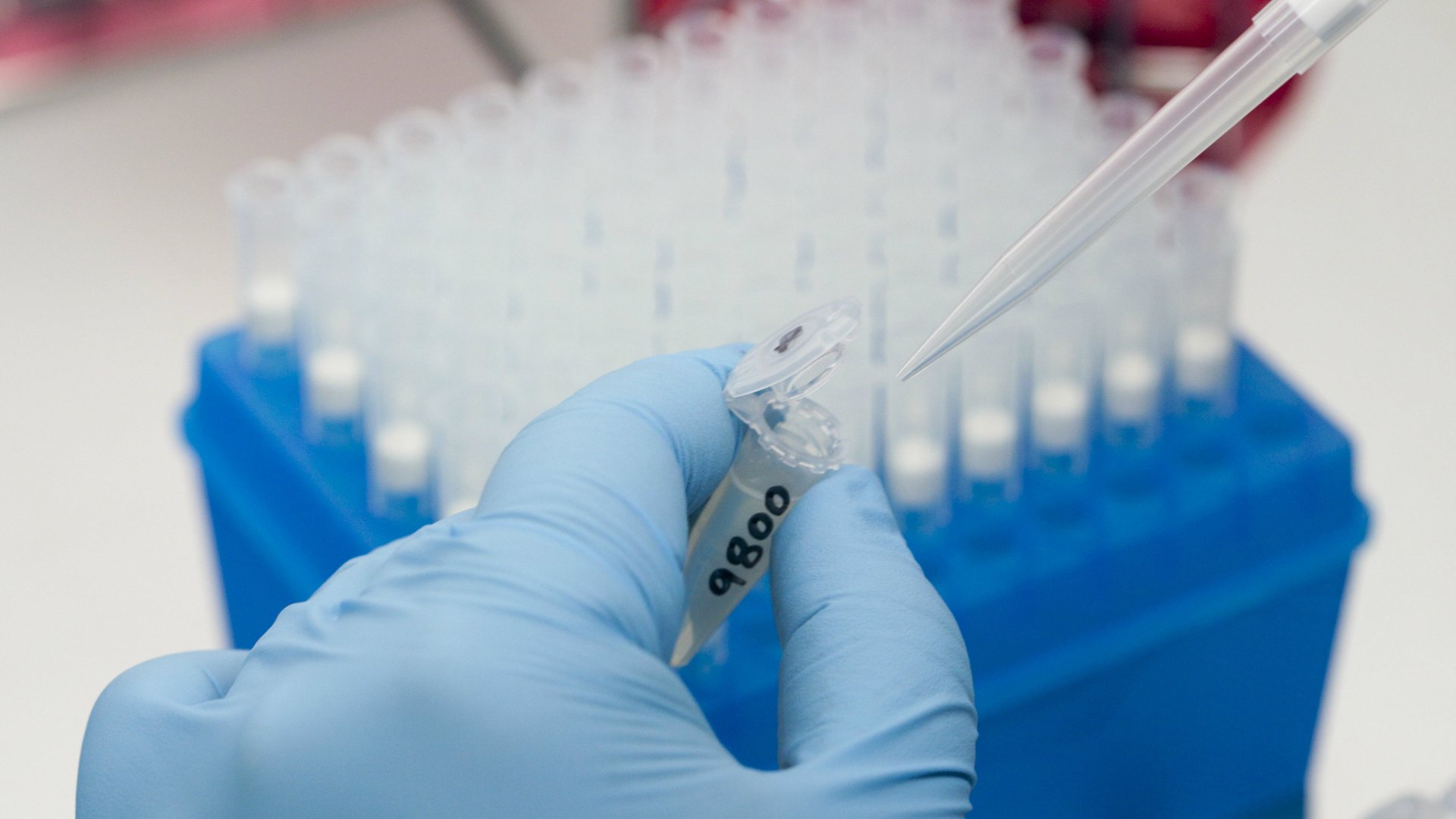Scientists are using high-tech “chemical surgery” to correct tiny genetic mutations
Scientists are edging ever closer to being able to make minute edits to human DNA that could stop inherited medical disorders in their tracks.


Scientists are edging ever closer to being able to make minute edits to human DNA that could stop inherited medical disorders in their tracks.
A team of researchers in China earlier this month published a study in the journal Protein and Cell, detailing their work editing the DNA of human embryos at a highly precise level. The new technique—called “chemical surgery,” entails tweaking single bases of DNA code to fix genetic mutations. DNA, if you’ve forgotten high school biology, is a long code made up of four base compounds: adenine, cytosine, guanine, and thymine, typically referred to as A, C, G, and T. Chemical surgery surpasses the precision of even Crispr technology, which employs a technique that essentially cuts out bad DNA and replaces it, and has been described as being able to cut DNA strands “like a pair of scissors.” The new method could open the door for a number of genetic fixes to prevent the spread of some medical disorders.
In the study, the researchers reported successfully taking human embryos with the genetic mutation for beta thalassemia, an inherited blood disorder, and repairing the problematic DNA. Their work caught the attention of the scientific community because beta thalassemia is caused by a single-base mutation. A technology that can tweak and fix single elements in DNA expands the potential of gene-editing cures significantly; single-base errors account for at least two-thirds of inherited genetic diseases, according to Gizmodo.
The technology and corresponding research still has a long way to go before it can be put to practical use. One bright-red flag: in some cases, the chemical surgery caused new mutations instead of fixing existing ones. But this latest development gives us a peek into just how precise scientists can get when working with DNA.
In addition, as Seth Shipman, a geneticist at Harvard Medical School, pointed out to Gizmodo, this work is also proof-of-concept of a potentially game-changing application of gene editing tech: The study, Shipman says, suggests that the chemical surgery technique could be used to treat or cure those disorders for people currently suffering from them. That matters, because while embryo-editing is controversial, especially in the US, editing the cells of adults is almost universally accepted as within the bounds of medical ethics. Of course, whether it is a reality will take years to suss out.